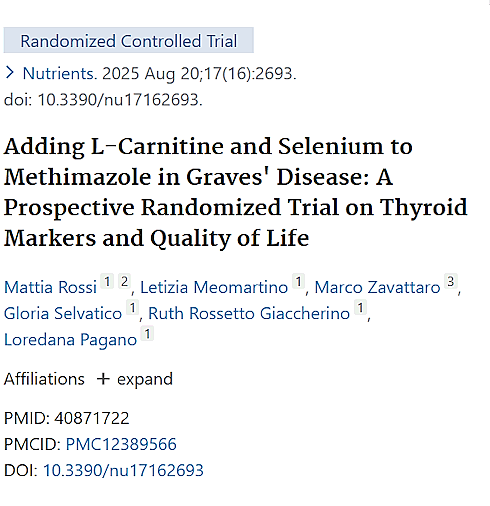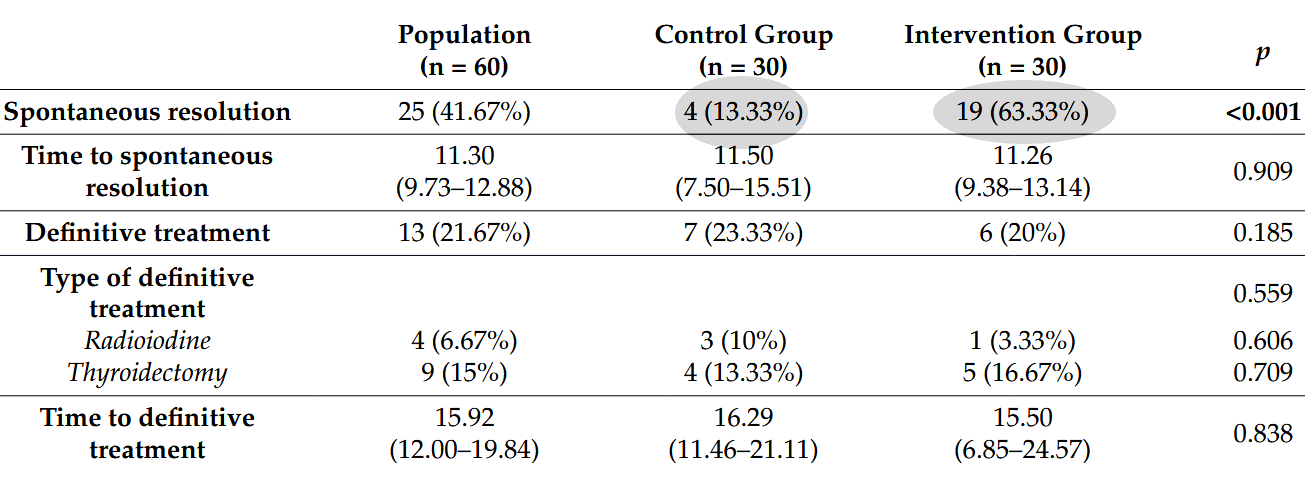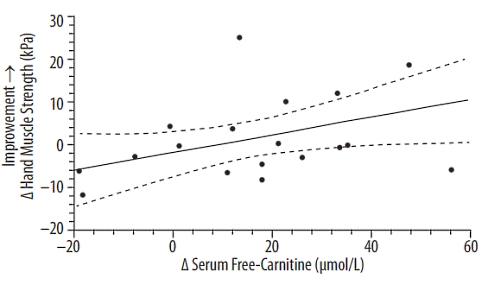Graves' disease
In Graves' disease, the immune system produces antibodies against the TSH receptors. Sometimes these antibodies act as anti-TSH, causing the thyroid gland to produce too little thyroid hormone. More often, however, these antibodies mimic the action of TSH, causing the thyroid gland to release too much thyroid hormone. Possible symptoms include a rapid heart rate, weight loss, tremors, and heat and exercise intolerance.
Standard treatment for an overactive thyroid caused by Graves' disease usually involves administering methimazole. Methimazole inhibits the enzyme thyroperoxidase in the thyroid gland, reducing the thyroid's ability to bind iodine to thyroid hormones—and therefore, producing less hormone.
Study
Endocrinologists from the University of Turin divided 60 adults with elevated thyroid hormone levels into two equal-sized groups. All participants had recently been diagnosed with Graves' disease. The participants were given methimazole.
Half of the participants took a capsule containing 500 milligrams of L-carnitine [chemical structure shown below] and 83 micrograms of elemental selenium in the form of selenomethionine daily with a meal, in addition to their regular medication. Three large Brazil nuts contain approximately the same amount of selenium. [Am J Clin Nutr. 2008 Feb;87(2):379-84.]
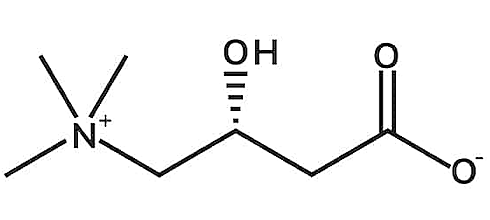
The researchers followed the subjects for 24 months. They evaluated them every two months.
Results
Every two months, the researchers measured the concentration of 'bad' antibodies in the subjects' blood (TRAb). If this concentration was less than 3.5 units per liter, they considered their subjects TRAb-negative. They assumed that the immune system had calmed down.
In the control group, it took an average of almost 14 months for the subjects to become TRAb-negative. In the supplementation group, it took 9 months. This difference was statistically significant.
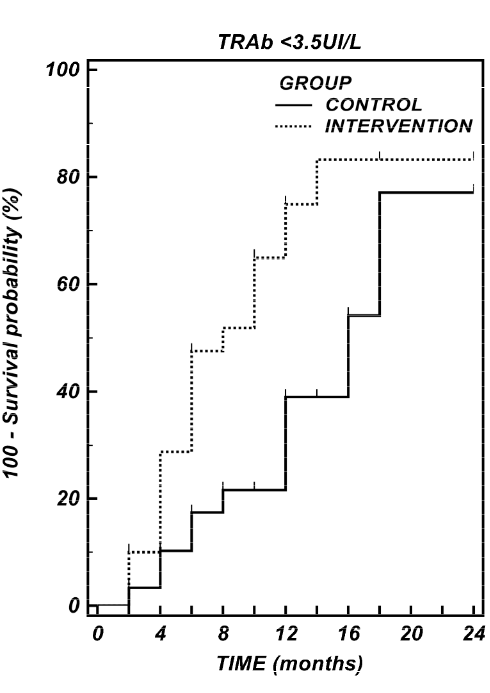
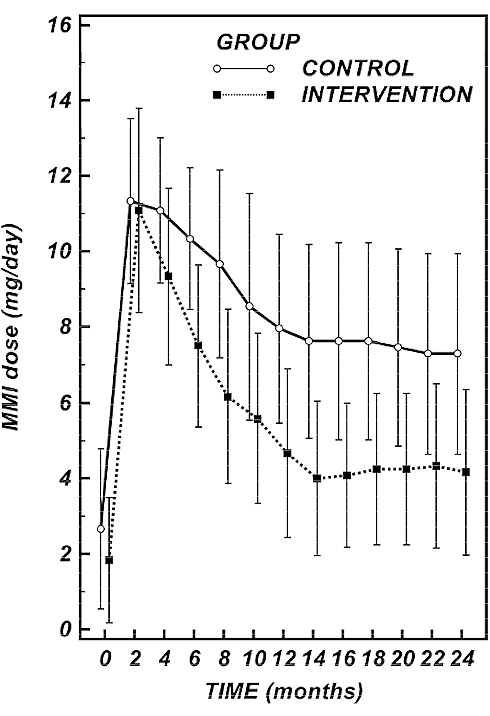
If the subjects were TRAb-negative and their blood levels of TSH, free T3, and free T4 hormones were normal, the researchers stopped the medication. If the subjects were still stable without methimazole two months later, the Italians considered this a 'remission'.
In the control group, this occurred in 13 percent of the subjects, and in the supplementation group, in a remarkable 63 percent. This difference was also statistically significant.
Click on the table below for a larger version.
Mechanism
Conclusion
"Our findings provide evidence supporting the clinical benefit of adding combined L-carnitine and selenium supplementation to methimazole in the treatment of overt Graves' disease," the researchers summarize.
More soon.

